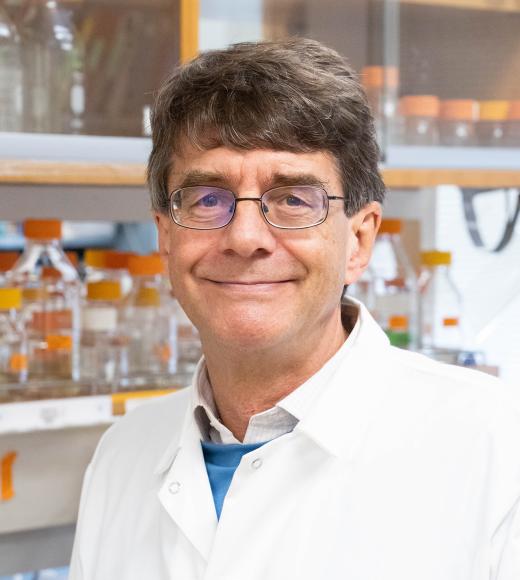
Position Title
Distinguished Professor and Chair
- Microbiology and Molecular Genetics
Research Interests
Double-stranded DNA breaks (DSBs) are among the most genotoxic lesions and can be generated by ionizing radiation, drugs, or cellular processes. In eukaryotes, several pathways compete for the repair of such lesions. Homologous recombination is the critical DSB repair pathway in yeasts and an important DSB repair pathway in all eukaryotes studied. We are using Saccharomyces cerevisiae as a lead system and employ genetical, molecular, and biochemical methods to elucidate the molecular mechanism of homologous recombination and recombinational DNA repair and its regulation by the DNA damage checkpoints. The key results are validated with human proteins and in human cells to establish lasting paradigms. Recombination has dual significance for cancer. Recombination genes are guardians of the genome and classic tumor suppressors. Hence, defects in recombination genes increase cancer risk. DNA repair and specifically recombination is also critical in anti-cancer therapy, as many modalities of treatment involve DNA damaging agents. We are applying our mechanistic insights from basic studies in more translational studies relating to cancer predisposition and anti-cancer therapy.
Graduate Program Affiliations
- 1982 Diploma in Biology, Free University of Berlin (Germany)
- 1985 Ph.D. in Biology, University of Bern. Switzerland
- 1995 Habilitation in Microbiology and Molecular Genetics, University of Bern (Switzerland)
